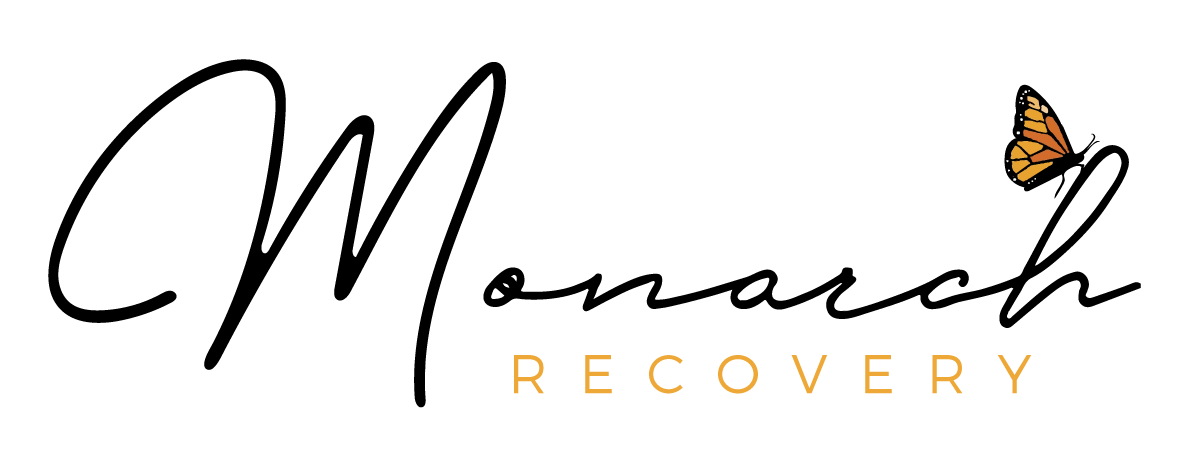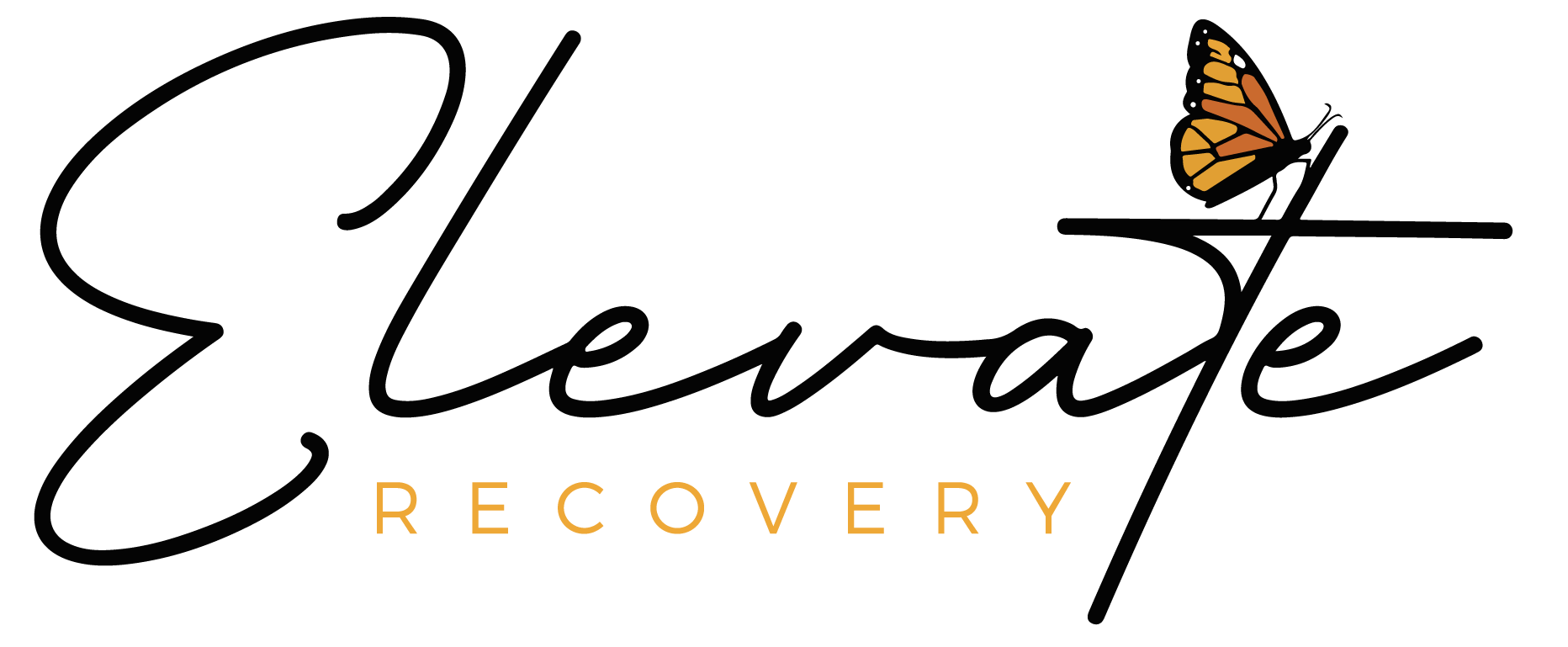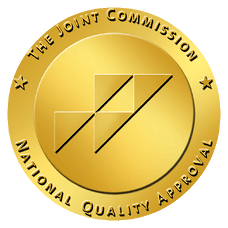
Complete the pre-screen form below to initiate the admission process. Our admissions team will contact you shortly.
Related Pages
- Rational Emotive Behavior Therapy (REBT) for Addiction Treatment
- Dialectical Behavior Therapy for Addiction Treatment
- Cognitive Behavioral Therapy (CBT) & Substance Use Disorders
- 12-Step Programs for Drug and Alcohol Addiction
- Group Therapy for Drug Addiction Treatment
Drug and Alcohol Addiction Therapies
Elevate Recovery recognizes the importance of behavioral therapy in addressing substance use disorders (SUDs). This approach helps individuals understand their relationship with substances and equips them with essential tools for recovery. Tailored interventions empower individuals to develop strategies to resist substance use while learning healthier ways to manage life's stressors.
We will explore the advantages of SUD therapy, highlighting its benefits for those in recovery. Additionally, we'll examine effective addiction therapy techniques and different formats available, including individual and group sessions, all aimed at promoting lasting recovery and personal growth for those overcoming addiction.
Why is Therapy Used During Addiction Treatment?
Behavioral therapies are vital in addiction treatment, helping individuals change their thoughts and behaviors regarding substance use. Since addiction impacts all areas of life, these therapies provide insights into how substance use affects relationships and well-being. They also equip individuals with skills to manage triggers and cope with stress. Additionally, these therapies can improve the effectiveness of prescribed medications. Various evidence-based behavioral therapies may be used depending on individual needs and treatment plans.
Cognitive-behavioral Therapy
Cognitive Behavioral Therapy (CBT) refers to evidence-based treatments focusing on the connection between behaviors, thoughts, and emotions. Its framework is based on three key principles:
1. Psychological issues stem from distorted thinking.
2. Problems arise from ingrained maladaptive behaviors.
3. Individuals can learn coping strategies to implement positive changes.
In addiction therapy, CBT helps individuals address the root causes and thought processes related to substance use. It also equips them with problem-solving skills to manage cravings and adopt healthy coping mechanisms during stress.
Dialectical Behavior Therapy (DBT)
Dialectical behavior therapy (DBT) is a specialized cognitive behavioral therapy originally aimed at helping individuals with chronic suicidal thoughts. Now, it addresses a wider range of mental health issues, emotional regulation challenges, and substance use disorders. DBT, as an evidence-based approach, balances acceptance and change, helping individuals reduce emotional dysregulation, accept difficult situations, and work towards a fulfilling life.
Types of 12-Step Programs
Alternative & Complementary
Alternative and complementary therapies encompass methods that extend beyond the confines of traditional psychotherapy. These approaches can enhance conventional treatment, provide support, and bolster therapeutic progress. Some notable examples of alternative therapies include:
Mindfulness: This practice enables individuals to develop a keen awareness of the present moment, empowering them to observe their thoughts, emotions, and physical sensations without judgment. This increased awareness helps individuals recognize cravings and triggers, allowing them to detach from and manage these urges rather than turning to substances.
Yoga: Yoga is a holistic discipline that highlights the connection between mind and body, integrating postures, breathing techniques, and meditation. This practice guides individuals to connect with their bodies, effectively manage stress, relieve tension, and promote a greater sense of overall well-being.
Art therapy: This form of therapy includes various activities such as drawing, painting, and sculpting, fostering self-expression. For instance, an individual may draw to express feelings of anxiety or create a sculpture to articulate an experience that is difficult to express in words.
Music therapy: Music therapy involves engaging in activities like musical games, songwriting, lyric analysis, and drumming. These experiences can facilitate relaxation, reduce stress, and provide a creative outlet for emotions that might be difficult to verbalize.
12-Step Groups
12-Step groups, including organizations such as Alcoholics Anonymous (AA) and Narcotics Anonymous (NA), consist of individuals dedicated to overcoming their addictions. These gatherings offer a supportive environment where people in recovery can connect on their sobriety journeys, promoting camaraderie and mutual encouragement. The 12 steps outline guiding principles and actions that participants undertake as vital components of their recovery. Such groups create a nurturing community that can be a crucial aspect of the healing process.
Find a Addiction Therapy Near Indianapolis, IN
If you're struggling with drug or alcohol misuse, seek the help you deserve. Contact our inpatient rehab facility near Indianapolis to connect with compassionate admissions navigators ready to answer your questions, including insurance coverage and treatment options.
Call us today at
(765) 780-7689 and embark on your journey toward recovery right now.
You aren't alone. You deserve to get help.
Elevate Recovery is located in Kokomo, Indiana, which is easily accessible from Indianapolis.
Take your next step toward recovery:
✔ learn more about our addiction treatment programs.
✔ see how popular insurance providers such as Aetna or BlueCross offer coverage for rehab.
✔ view photos of our facility.

